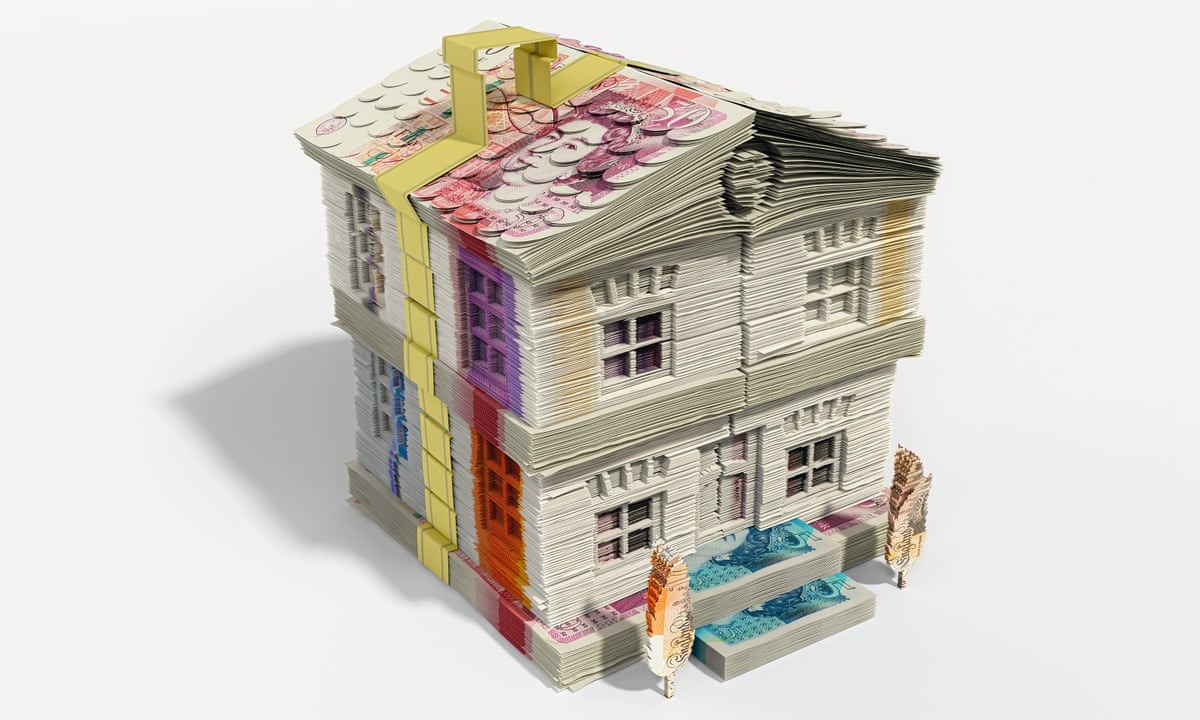Inheriting a home should feel like receiving a piece of family history — a final gift from a loved one. But in practice, it often arrives wrapped in paperwork, timelines, and unexpected financial implications. One such complication? Understanding how stamp duty fits into the picture — particularly for buyers dealing with probate property.
Take the case of a semi-detached house in Surrey. Owned by a widowed grandmother who passed away peacefully, the house was left to her two grandchildren. The property, modest but well-located, was unencumbered by a mortgage and held immense sentimental value. But soon after the will was read, reality set in.
The grandchildren — one living abroad, the other renting in London — decided to sell the property and split the proceeds. This is where stamp duty entered the equation, not for them as sellers, but for the buyer — a young couple hoping to make it their first home.
When a property is sold as part of an estate, many assume the transaction is somehow exempt from tax complications. It’s not. In this case, the buyers were liable for full Stamp Duty Land Tax (SDLT), as they were purchasing from the estate rather than inheriting. Had the house passed directly to a beneficiary to live in, no SDLT would be due. But a market sale? That’s a different story.
The scenario is common. Thousands of properties each year are sold after probate is granted. Often, the seller is not an individual but an estate — represented by an executor. That distinction doesn’t change the legal responsibility of the buyer. SDLT must still be paid at the prevailing rates, including any surcharges applicable if the buyer already owns property.
This is where stamp duty on probate property becomes especially nuanced. For example, if the buyer is a landlord or property investor, the 3% surcharge for second homes may apply. There’s often frustration about this — after all, the estate sale isn’t driven by profit, but by obligation. Yet the rules apply uniformly.
Sometimes, even the beneficiaries get caught out. If one sibling buys out another’s share of an inherited home — say, to keep it in the family — they’re still triggering a taxable transaction, depending on how the arrangement is structured. These aren’t edge cases; they’re happening in conveyancing offices and dining rooms every day.
What complicates matters further is timing. Probate delays can push completion dates months after an offer is made. If SDLT thresholds change in the meantime, buyers might find themselves paying more — or less — than they expected when they first saw the listing.
Understanding stamp duty on probate property isn’t just about figures and thresholds. It’s about context — knowing who is liable, when the liability is triggered, and how the unique circumstances of a probate sale can create unexpected outcomes. Executors, buyers, and even solicitors sometimes miss the finer points.
It’s tempting to think of tax as cold and impersonal, but in these situations, it intersects with grief, family history, and emotionally charged decisions. That’s why these stories — not just guides — matter.
